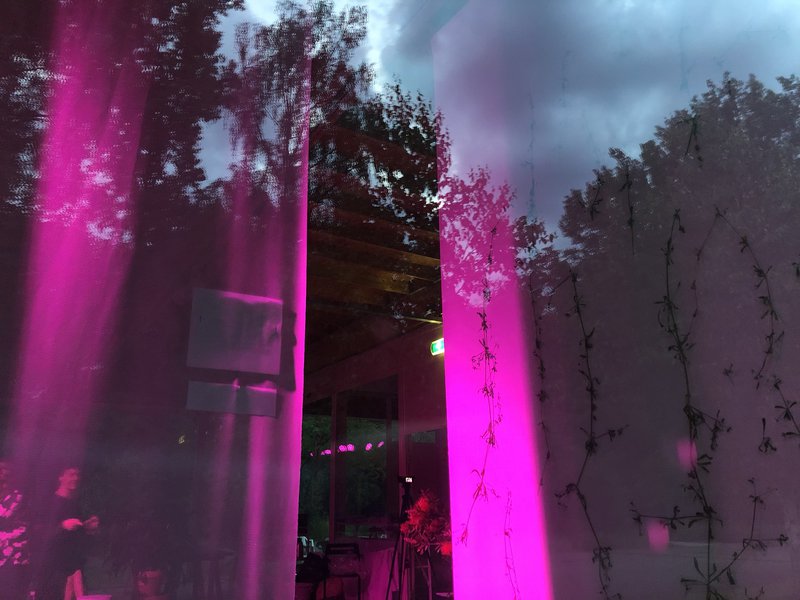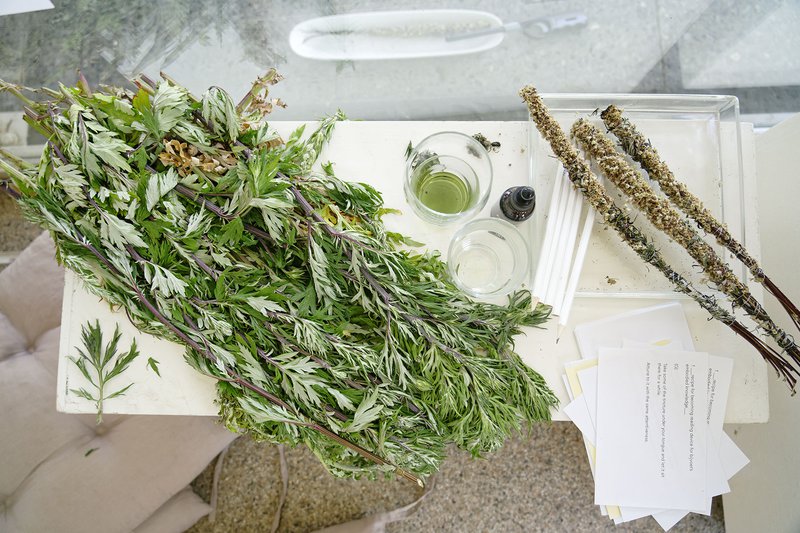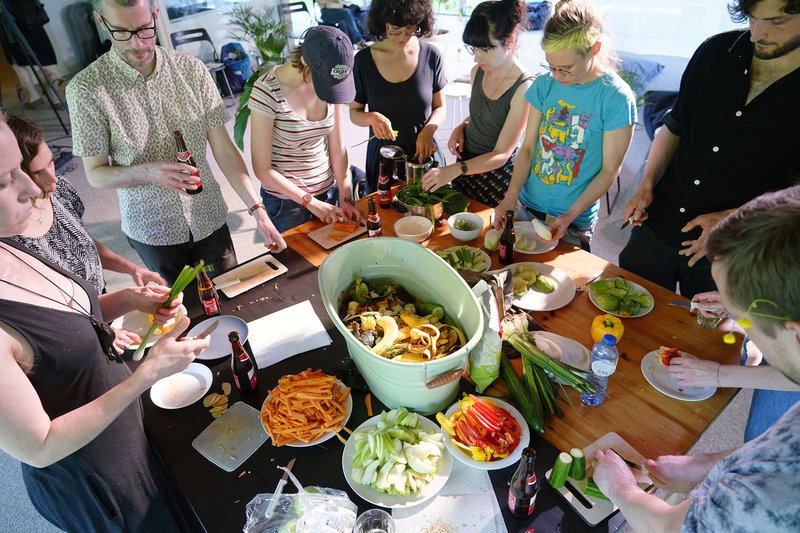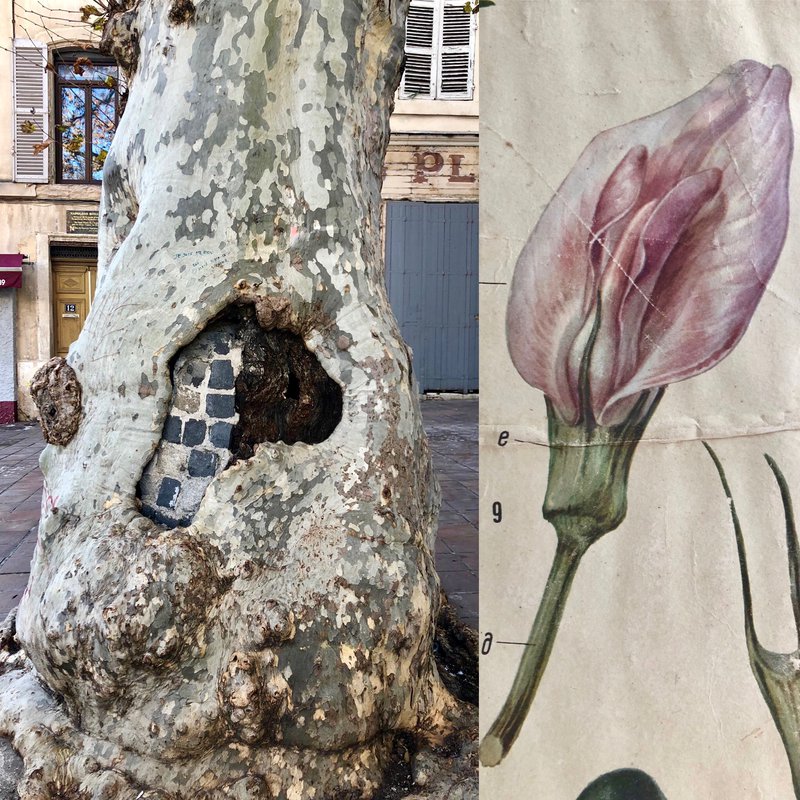FoAM Zenne - co-working with plants and ghosts
Posted June 24, 2020 by Ingrid VrankenOn the verge of it’s 20th anniversary, a regenerated FoAM Brussels reveals its future plans as FoAM Zenne.
FoAM Zenne cultivates regenerative cultural practices with humans and other-than-humans. Regenerative practices bring out the life-giving capacities of the communities they are practiced in. Our work responds to a widespread existential crisis, questioning how to live (well) in times of loss and shifting cultural values.
We live in a time when the destructive consequences of extractivist lifestyles are difficult to ignore. Habitat loss, climate chaos, pandemics, migrations and mass extinction are just a few of the most obvious warning signs. Yet the taking, burning and pillaging of resources continues in ways that do not allow for regeneration of the earth and its inhabitants. In the shadow of such devastating exploits, FoAM Zenne is looking for different strategies of regeneration. We turn to plants and ghosts as co-workers, provocateurs and allies, pointing to a multiplicity of ways of being-with a world in turmoil. We consider generosity and sympoiesis as a basis for regenerative practices of art-making, experiencing and being together. Our work with plants and ghosts informs “what” we do (the content and form of our works), and in particular “how” we work. We believe that how the organisation functions (including eg. collaborations, time management, business administration) should be as regenerative as what it produces.

Why work with plants?
Plants are fascinating beings who have developed diverse, successful ways of thriving on this planet, ways so different from humans. Plants are collaborative and generous, both within their own species and in their collaborations with fungi, insects, and mammals. In the human realm, plants raise a multitude of political questions around power relations, mobility, the visible and invisible, colonialism, lineages and institutionalization of knowledge, trends and the homogenization of aesthetics, folklore etc. Co-working with plants can challenge anthropocentric ways of thinking and being. How, and what can we learn from plants? How can knowledge of plants inform our ways of working, such as the structure of a workday, our collaborations, our organisations? What general strategies can we learn from plants? Which specific plants can we call to our aid? What are our mutual spaces in which to act?
Why work with ghosts?
Ghosts are absences that can shape what is present. Ghosts of the past. Ghosts of the future. Ghosts of the uninvited, the unwanted, the unseen. Those who are absent, yet their voice and power exert influence on the now. What would we hear in our present if we listened to ghosts, alongside those voices we know all too well? How can we invite such ghosts to help us think about our actions across multiple timescales? Which alternate pasts and parallel futures could inspire regenerative cultures in the now?

(c) Thomas Lenden
Guiding principles
While working with plants and ghosts, three principles suggested themselves as core values for FoAM Zenne: being-with, sympoiesis and generosity.
Being-with
A practice of patience and radical noticing. To stay with the other and open yourself up to their being, regardless of the circumstances. Within FoAM Zenne, being-with is a daily practice, and also at the core of how we host and invite others as our guests. Attitudes of deep listening (and sensing) as an active and committed activity are cultivated. We encourage ourselves and others to be-with humans and other-than-humans alike. Being-with demands of us that we learn to stay with discomfort, hold situations open and embrace the unknown.
Making-with
Sympoiesis. We are always in the process of making and re-making each other. Nothing makes itself without any influence from other beings or environments. We are continuously being made by visible and other-than-visible entities, by the obvious and the uncanny. At the core of the work of FoAM Zenne is an ambition to make this sympoiesis apparent, to work with it in more conscious ways. We focus on collaboration and distributed authorship within our organisation and in the artistic processes we host and engage with.
Thriving-with
Generosity creates conditions to thrive-with others. FoAM Zenne works with ideas of vegetal generosity. Generosity can be found at the basis of how plants exist and evolve; in their act of growing they produce abundance, providing expansive conditions for themselves and other entities to thrive. FoAM Zenne imagines a vegetally generous mode of art-making and curating, producing “abundance” and providing conditions for artists and audiences to thrive, connect and exchange. Practices concerned with making life possible for others – humans and other-than-human alike. This desire for generosity can make us more vulnerable. What generous attitudes are possible in the face of exploitation and extraction? What forms of generosity can we foster in situations of precarity?

(c) Thomas Lenden
Cyclical hauntings
FoAM Zenne organises its activities in cycles, relating to different cycles of vegetal life, whether seasonal, a 24-hour swirl around the earth's axis, or the multi-annual dormancy of a seed. Similarly inspired by vegetal propagation, FoAM Zenne is currently a nomadic entity without a physical space. Through entangling itself with various partner-organisations during residencies and public gatherings, FoAM Zenne can take root in, or haunt a multitude of spaces and communities.

Created: 15 Jul 2021 / Updated: 15 Jul 2021




